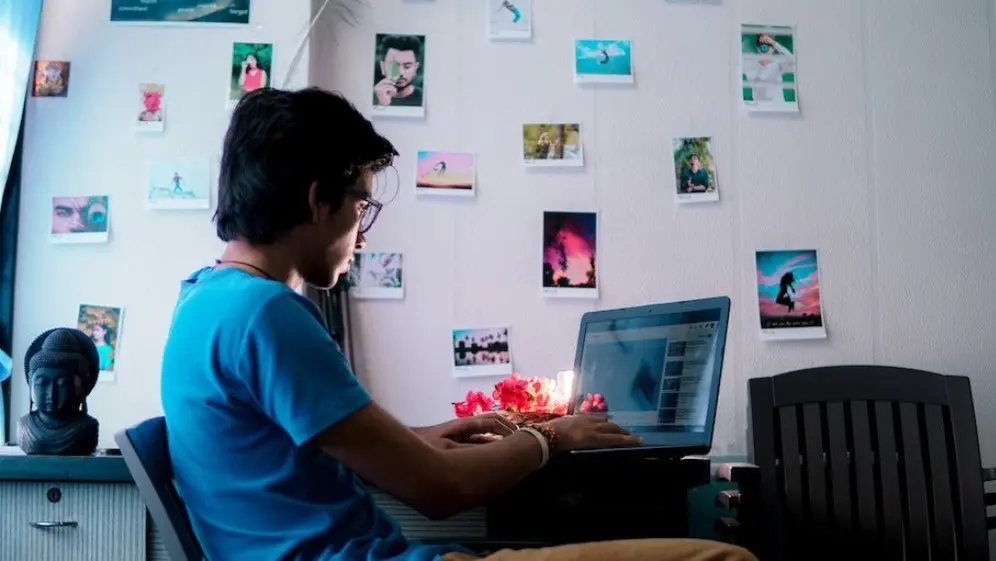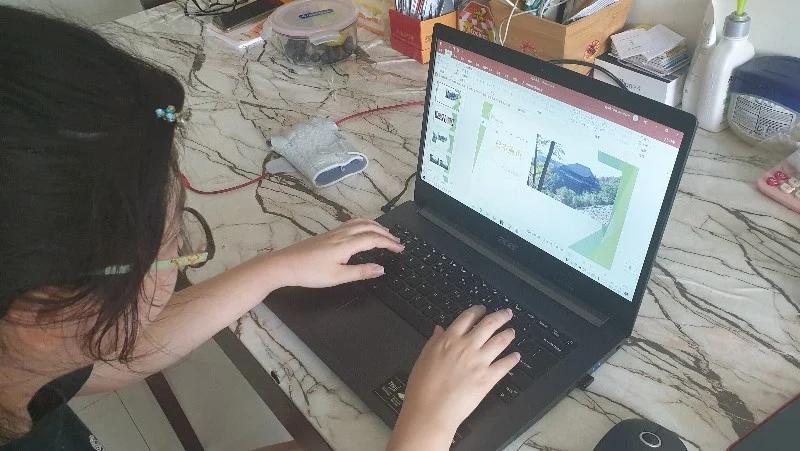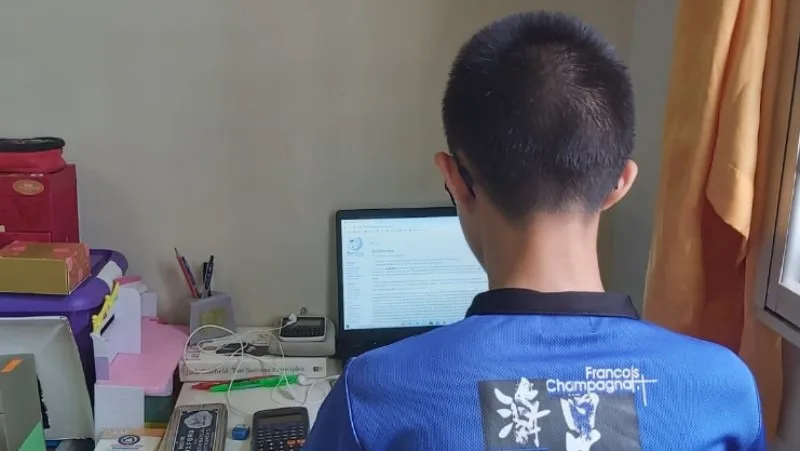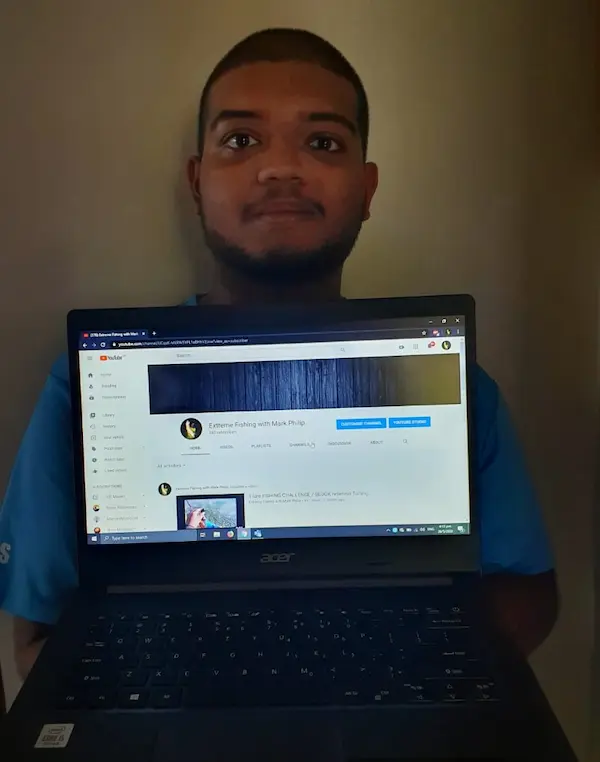
By Kami Navarro
In Singapore, June typically marks the beginning of the month-long school holidays for students. This year, however, things are a little different.
With the lifting of the circuit breaker measures, local students will be gradually returning to school after a full month of home-based learning. Just as COVID-19 triggered the world’s largest work-from-home experiment, students worldwide have suddenly had to adjust to new learning methods.
Online education through home-based learning, in particular, is on the rise. Consequently, there’s been an uptick in demand for technology tools like laptops and even access to a stable Internet connection to facilitate home-based learning. Not all households in Singapore, however, are equipped with these tools.
To ensure that no student gets left behind, the NEU PC Plus Programme (NPP) administered by the Infocomm Media Development Authority (IMDA) provides low-income households with the opportunity to obtain brand new computers at an affordable price.
However, it’s become increasingly clear that the NEU PC Plus Programme’s benefits extend beyond the virtual classroom and into the daily lives of the beneficiaries.
Making learning more accessible
Since its launch in 1999, the NPP has remained true to its aim of making digitalisation more accessible to low income households, particularly those with underprivileged students or persons with disabilities (PWD).

Eligible beneficiaries not only get subsidised personal computers or laptops, but may also avail of the option to bundle with three years of free broadband subscription.
The programme has evolved through the years, with the latest enhancement reflecting the current COVID-19 situation. Recognising the urgent need for beneficiaries to have access to a working computer and Internet connection, NPP processing agency partners have streamlined the process to accelerate PC delivery and broadband installation.
Moreover, co-payment for students under the Ministry of Education’s Financial Assistance Scheme (MOE FAS) is no longer required, with the iNSPIRE Fund’s support. In light of the continuing safe distancing measures, existing requirements to perform community service prior to receiving the fully subsidised PC, will be waived for the time being.
The enhanced NPP also now offers more flexible options—such as a subsidised second PC for families with three or more school children, a broadband-only alternative for MOE FAS students and existing NPP beneficiaries without home internet as well as an option for mobile broadband at no cost.
Students go digital
Over 67,000 beneficiaries have been supported by NPP as of May 2020.
This includes students like 12 year-old Aliff Zikry Bin Dzuriami from Woodlands Primary School and 15 year-old Edward Tay from Maris Stella High School.
For both pupils, the subsidised laptops from NPP have been a game-changer during this period of home-based learning. “I’m happy to get this computer,” enthused Aliff. “It’s much easier to use compared to my mother’s phone.”
Edward, who has two other school-aged siblings, also shares Aliff’s sentiments on the laptop’s convenience. “Before I received this laptop, my siblings and I had to take turns using two devices: one computer and one laptop I borrowed from school.”

Still, adjusting to home-based learning is an ongoing process. “When I have questions, I have to type it in the chat box and wait for the teacher’s approval before I get on my mic,” shared Edward.
But there’s no question that the laptops have made both Aliff and Edward’s lives much smoother. “Communication and online work is much better now. Before, I had to rely on my groupmates to do the presenting and all the work,” added Edward.
The new device has also been a great enabler for 19-year old Mark s/o Mohan, who studies Cybersecurity at ITE College East. “The software inside the laptop—like Chrome and Microsoft Office—is up to date. Once you get the laptop, you’re good to go,” said Mark. Eighteen year-old Crystal Perez from Republic Polytechnic agrees, adding that the laptop is also very fast and does not lag.
Over the past two months, however, the students have found uses for their subsidised devices beyond home-based learning.

The new device has also been a great enabler for 19-year old Mark s/o Mohan, who studies Cybersecurity at ITE College East. “The software inside the laptop—like Chrome and Microsoft Office—is up to date. Once you get the laptop, you’re good to go,” said Mark. Eighteen year-old Crystal Perez from Republic Polytechnic agrees, adding that the laptop is also very fast and does not lag.
Over the past two months, however, the students have found uses for their subsidised devices beyond home-based learning.
Mark, for instance, is a proud angler, and edits his fishing videos on his laptop before posting them online. Previously, he had to rely on his phone to edit videos, similar to Aliff. Meanwhile, 23 year-old Charissa Cheong, who is enrolled at the Association for Persons with Special Needs (APSN) Centre for Adults, uses her laptop to create PowerPoint presentations of her family’s travels.
“The laptop is ultimately a multi-purpose device,” emphasised Mark. As the technology evolves, the more exciting possibilities there surely will be for the NPP beneficiaries.
Virtual worlds, real impact
Though in-person events like after-school activities and celebrations have been put on hold, many of them have since found a second life online. As Edward shares, he has used his laptop to participate in the making of a Thank You video for healthcare workers over Google Meet. “The experience was pretty great,” he recalled.
Meanwhile, Mark celebrated his cousin’s 21st birthday through his laptop using Skype, despite the two living just two blocks away from one another. “You cannot compare it to real life. But we understand what Singapore is going through,” he reflected. “Instead of complaining, we can just do our part, stay at home and it will make the world better.”
At the end of the day, the NPP isn’t just about improving access to technology for home-based learning.
It’s also about enabling meaningful connections while many of us are physically apart—whether these interactions are among students and teachers, friends and family—all through digitalisation.
Find out more about the NEU PC Plus Programme (NPP) here.
If you’d like to contribute towards supporting the digital needs of low-income households, you can visit the website of the National Council of Social Service’s fundraising and engagement arm, Community Chest. Alternatively, you may also contact them at ncss_comchest@ncss.gov.sg or at hotline number 1800 210 2600.


.webp)